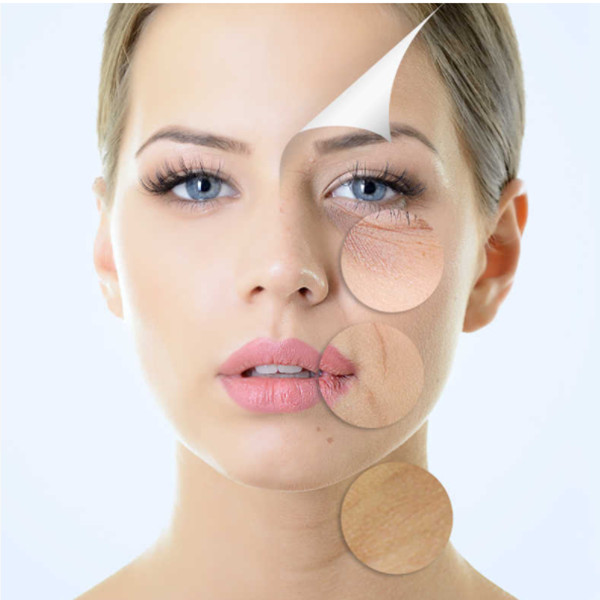Nicotinamide adenine dinucleotide — The key of Anti-aging growth and life extension
Nicotinamide adenine dinucleotide was discovered in 1906 by British biochemists Arthur Harden and William John Young. Nicotinamide adenine dinucleotide is a coenzyme that transfers protons. It appears in many metabolic reactions of cells. It participates in various physiological activities such as cell material metabolism, energy synthesis, and cell DNA repair.
The role of nicotinamide adenine dinucleotide as a supplement: it can improve endurance: for athletes or fitness people, nicotinamide adenine dinucleotide is a good endurance enhancer, which can help complete various sports training Task to improve athletic performance. It doubles cell production and provides instant energy for physical exercise. And it improves the energy level of the brain also helps to improve the mental state and sleep quality.
Anti-aging effect of nicotinamide adenine dinucleotide: nicotinamide adenine dinucleotide enables mitochondria to convert the food we eat into energy that our body needs to maintain all its functions. It can also “turn off” genes that accelerate the aging process. Nicotinamide adenine dinucleotide is essential for life. Healthy mitochondrial function is an important part of human aging. Our body has the ability to make nicotinamide adenine dinucleotide from the components of the food we eat. Studies have shown that with age, the level of nicotinamide adenine dinucleotide drops significantly. This decline puts us at greater risk of nerve and muscle degeneration, decreased cardiometabolic health, and repair and elasticity. Nicotinamide adenine dinucleotide plays a unique role in muscle and tissue protection, and it also improves the life cycle.
Beauty effect of nicotinamide adenine dinucleotide: nicotinamide adenine dinucleotide can improve the function of epidermal cells and the functions of other cells in the human body, which can keep the skin youthful and radiant. Niacinamide has a whitening effect. Niacinamide can down-regulate the transport of melanosomes from melanocytes to keratinocytes without inhibiting tyrosinase activity or cell proliferation, thereby affecting skin pigmentation. It can also interfere The cell signal channel between keratinocytes and melanocytes reduces melanogenesis. At the same time, it also has the function of improving the skin barrier. It can increase the levels of free fatty acids and ceramide in the skin, stimulate the microcirculation of the dermis, and prevent the loss of skin moisture. It can also increase protein synthesis and accelerate the differentiation of keratinocytes. In addition, it can alleviate skin irritation caused by surfactants or solvents.

